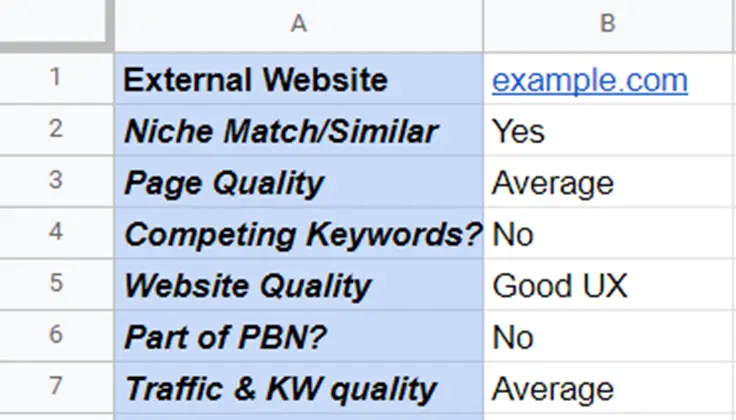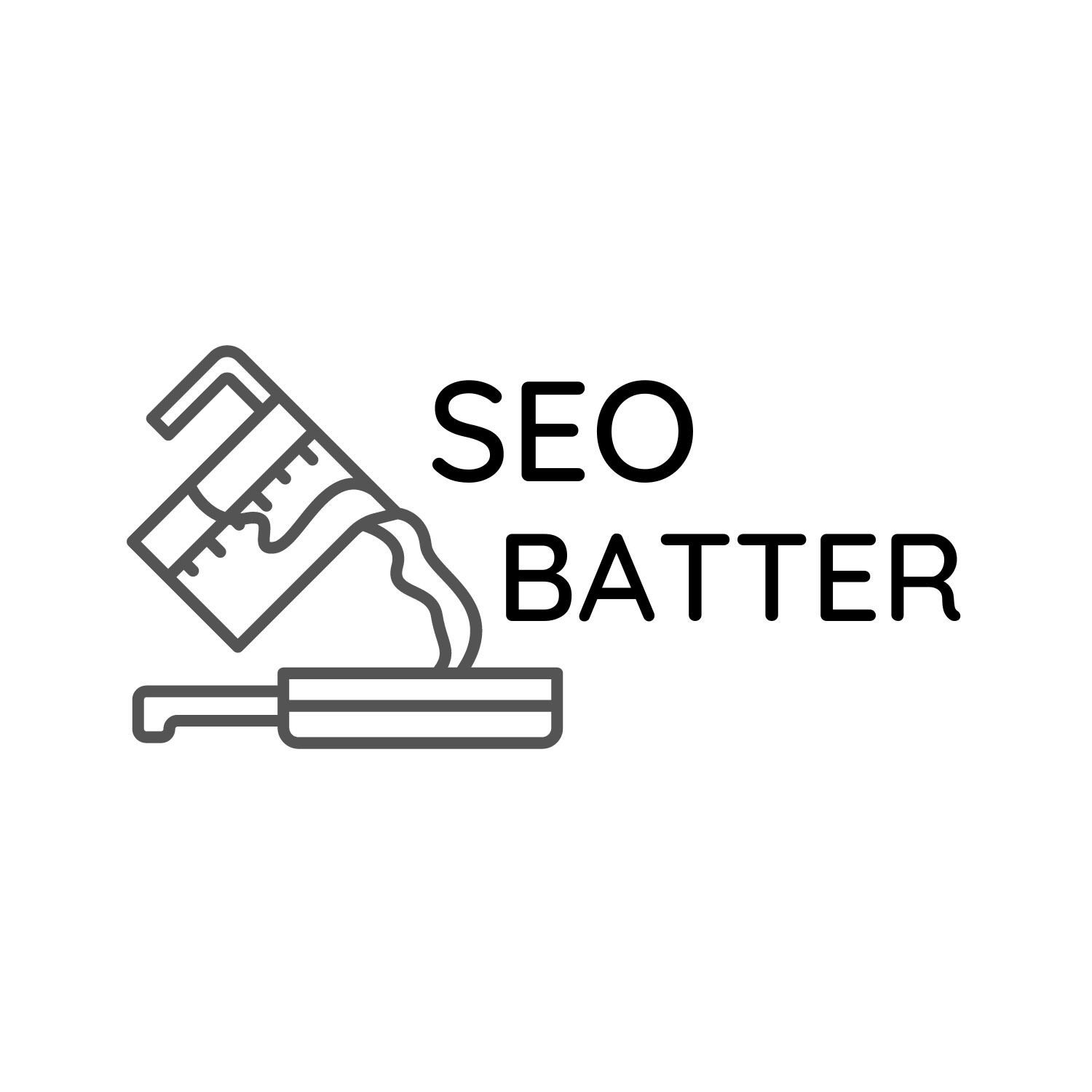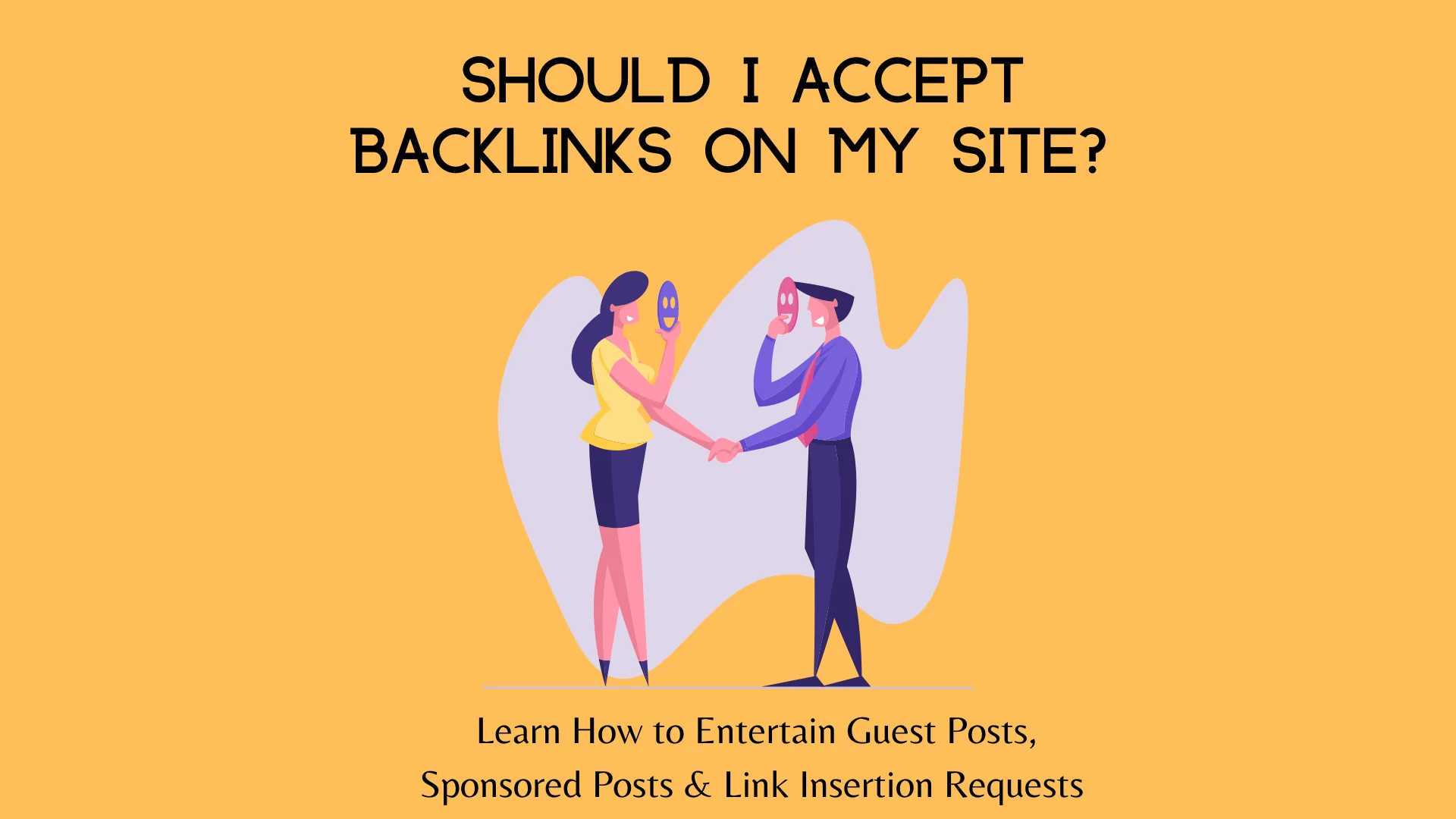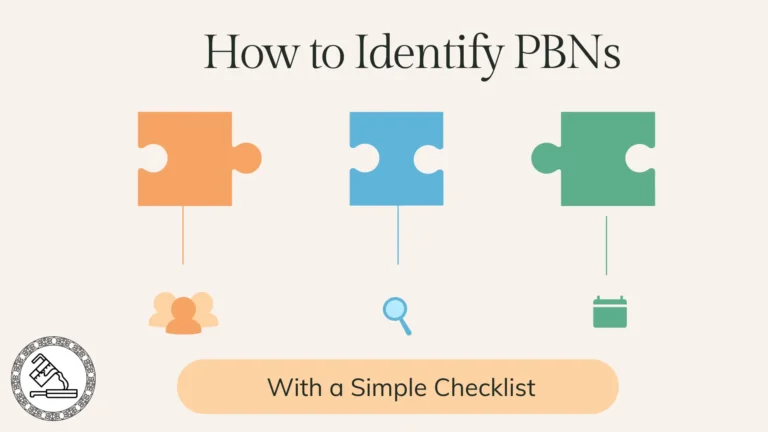Should you sell backlinks/external links on your blog/website?
If you are a blogger or a webmaster with traffic-receiving websites, you may receive many emails or requests for accepting guest posts, sponsored posts, or backlinks.
You might wonder if you should even entertain these requests (accept backlinks) or take money from someone for posting a link on your site.
This article covers all these questions and provides the necessary information for you to take action (or not take any such action at all).
Note: This post is not about making/creating backlinks. It is about whether you should accept (Sell) them on your website. You can additionally use this post to audit external links on your website whether for backlink purposes or otherwise.
Here is what you will find in this short post:
What are backlinks?
Backlinks are just hyperlinks to websites present on other websites. They can be placed anywhere on the website.
Purpose
For SEO purposes, backlinks usually act as a vote of confidence for your website. If a website links to you, it essentially tells search engines that the linked page is valuable and useful.
There can be several purposes for getting/creating a backlink.
- Usually, for content creators, backlink serves as references or citations for their content.
- Sometimes, a business gets backlinks from other relevant websites to get leads or referral traffic.
- A third-party website may have a large audience. Backlinks with relevant content can help other businesses to tap into that audience.
- A business may build backlinks to make its website more discoverable for search engines and users.
Good-quality backlinks help websites and their pages rank higher on SERPs. Almost everyone who is an SEO or a digital marketing agency recommends getting backlinks to increase a website’s organic traffic.
Methods
There are many ways to get a backlink, but the method to get them can be broadly categorized in three ways:
- Organic (natural)
- Manual link building
- Paid (via email outreach, link-building agencies, etc.)
For this article, we are going to talk about the third method.
It may be routine practice for freelance SEOs, agencies, PR teams, or in-house digital marketing teams to create or get backlinks. Part of their strategy might include paying websites a fee for placing backlinks on existing content or new content on other websites.
In some cases, they may also request these external websites to link to them in exchange for some other value addition (Fresh content, free SEO audit, better relevancy of links than already linked on one, replacement of a broken link, removal of errors, etc.).
But the question is, is it suitable for the site to accept backlinks?
Should they place external links for other websites if they get such a request?
Should they sell backlinks on their site?
If you are one of those sites, you should be able to make decisions like these easily after reading this article.
Should I Accept Guest Posts/Backlinks on my Website?
Yes and No.
Yes, because external links give credibility to your content, and no, because accepting irrelevant backlinks might hurt your own rankings on SERPs and organic traffic—you probably wouldn’t want that.
Definitive answer?
It depends.
It depends on the quality of the external website
It depends on the relevance
It depends on the content that is being promoted
And more…
If you have received a request to place a link on your site, you should research and then determine whether that link is harmful or valuable.
A good rule of thumb is to ask yourself this question:
Can that link be a relevant citation for my content and a valuable resource for my reader?
If you think it is, then you accept the backlink request.
Here is what you should ideally look for:
Your website vs. External website
Consider the type of external website and your website. Are they related?
Should you accept if you are a SaaS product-based website and a casino site is asking you to link back to them?
No.
Why?
Your product niche is unrelated to the website. Even if the content is somewhat relatable, it is not natural that a SaaS-based product website will mention/promote a casino website.
You can do so in some rare cases, such as a case study showcasing a SaaS product for a casino.
Your Page vs the Page you are Linking to
Consider the page you’re linking to and the page you’re linking to. If it’s new content, ask yourself: Is this what I want to show my readers? Would it be relevant to them?
Now, for the page you may be linking to, is that page related to the content on your page in any way?
If it’s relatable, would you want to direct your visitors to that page in case they get curious? Would it be helpful to them or add value to their goal?
If not, then you have your answer. You do not accept that kind of content/link.
Quality of the External website
Now consider the external website’s overall quality. Do they seem legit? Do they post spam content? Are they a genuine provider of value to their potential users?
If not, then you will not accept that backlink request.
Here is a small checklist to check the quality of a website in the context of taking backlinks and deciding if they are suitable for you:
Moving on to some SEO Stuff
Is the external website a part of PBN?
You do not want to join a link-building scheme like a PBN.
To keep this post short, I am not including how you identify a PBN here. I do have a guide on the website, which you can read.
If and when you identify that the external website is part of a PBN, you politely say no.
Even though search engines have evolved, and they are quite good at identifying backlinking practices that may pass link equity unnaturally and discounting them while ranking a URL for a query, it is a good practice to audit every link you place on your website manually. It is not considered a good practice to artificially inflate the “editorial votes” to your page.
Traffic & Ranking Keywords of the external website
Accepting content with links from a site with traffic relevant to your niche may be a good idea. If the keywords they rank for or want to rank for a particular page are contextually related to yours, the link might also benefit you.
The link can give a basis for your facts/theory/statements mentioned in a post. However, you must ensure that the external page is an authoritative version of what you want to endorse.
Please note that the keywords that the external page is trying to rank for should ideally be different from what you are currently ranking for. This would mean that you are endorsing another webpage for the same thing that you have said.
If you think your content and approach are different and unique for the same topic/query, you can definitely mention your competitors on the page.
Managerial implication:
- Avoid linking back to your direct competitors or pages optimized for identical keywords.
- If you need to link, you can always use a rel=nofollow tag to tell search engines that you do not want any link equity passed.
Notes
SOP for Selling/Accepting Backlinks
You can use the following simple SOP to make decisions while selling/accepting backlinks on your website.

You should ideally expand this SOP to qualify every metric for better and more efficient decision-making.
Best Practices
The point is to make you audit every external link you may want to place on your site. Next time you get an MS Excel list of domains, performance metrics, and prices, think before you act.
Even if you do not get a request for a link, you should ideally review all external links on your site. For this purpose, here are some best practices for qualifying links based on their purpose and intent.
Linking to a reputable source is always a good practice. Why? It is rational to assume that websites with good authority may have quality content that can give credibility to your own statements. Please note that a website with good authority here does not mean a good DA, DR, or AS. Facebook enjoys a good DA, DR, and AS, but the content there is not always trustworthy.
Add contextually relevant and helpful external links with optimized anchor text in your post.
Medium automatically puts up rel=”nofollows” every link. Many companies still post on the medium because even if there is no link equity passed, medium posts, when ranked for certain queries (most successful ones are the content displaying thought leadership), still provide a platform for companies to get found. It helps increase their visibility.
According to this study, placing good outbound links helps you rank higher.
If you are putting up a Sponsored Guest post, affiliate links, or banner promotion, you should always put rel=”sponsored”.
If your users generally put up external links on your website and are allowed to be indexed, you should use UGC tags or nofollow tags to qualify those links.


